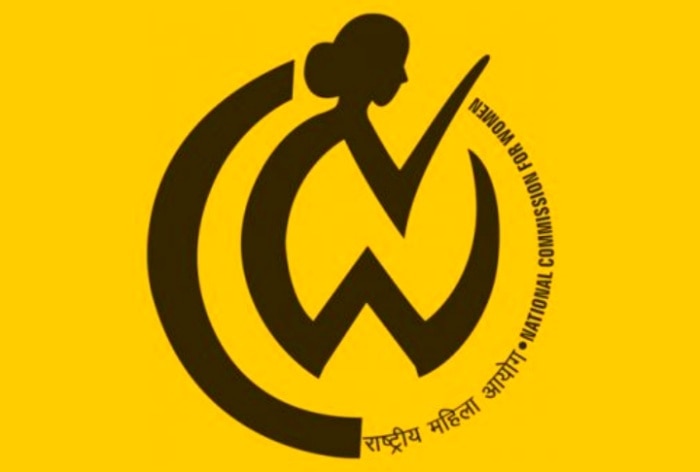National Commission For Women Seeks Full Release of Hema Committee Report Amid Sexual Harassment Allegations

The National Commission for Women (NCW) demanded the full release of the Hema Committee Report in response to the report’s conclusions, which rocked the Malayalam film industry with accusations of sexual abuse on Saturday. The NCW said in an official press release that the Hema Committee Report, which highlights certain ‘serious issues’ like ‘workplace harassment,’ ‘gender-based discrimination,’ and other forms of exploitation that negatively impact women in the Malayalam film industry, had some ‘concern findings’ that the Commission had noticed.
“In response to these concerns, the NCW has taken steps to seek the complete Hema Committee Report, as it appears that only parts of it are currently available in the public domain. The Commission is committed to furthering its efforts in addressing these matters with the appropriate authorities to ensure that the rights of women are upheld and that a safe, equitable working environment is fostered within the industry,” the press release stated.
The Justice K Hema Committee report on the working conditions of women in the Malayalam film industry was made public by the Kerala government earlier on August 19. Nevertheless, before being made public under the RTI Act, 63 pages of the original 295-page study were censored.
The report, based on testimonies from 51 industry professionals, reveals shocking details about the exploitation of women, including the existence of casting couches and poor working conditions.
It states that harassment begins at the outset, with women being asked to make ‘adjustments’ and ‘compromises’ – euphemisms for sexual favours, to secure roles.
“According to women in cinema, harassment starts from the very inception. It is revealed from the statements of various witnesses who were examined before the committee that the production controller or whoever gives an offer for a role in the cinema first approaches the woman/girl or if it is the other way and a woman approaches any person in cinema seeking a chance in cinema, she is told that she has to make “adjustments” and “compromise” to take her in cinema.
“Compromise” and “adjustment” are two terms that are very familiar among women in the Malayalam film industry and by doing so, they are asked to make themselves available for sex on demand,” the report said.
The Committee also discovered that, even on sets, women are refused access to basic human rights like restrooms and changing areas. During outdoor photo sessions, women frequently have to find isolated locations without access to basic amenities like water to change or use the restroom.
(With ANI inputs)





